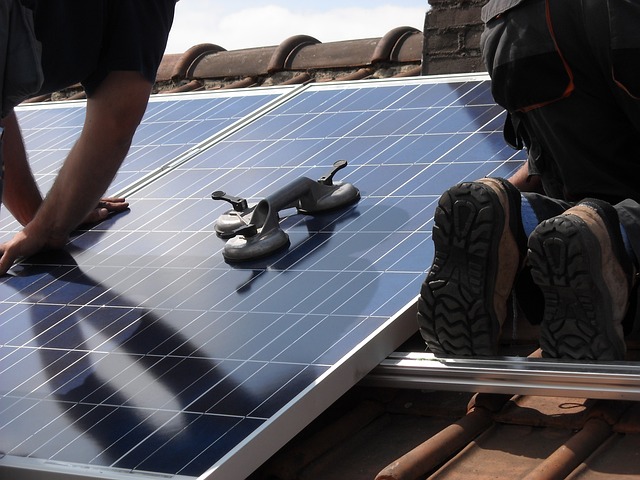
With the increasing popularity of renewable energy, many homeowners are considering the benefits of installing a solar power system. The question often arises: Can I install my own solar power system? The answer depends on the type of system, your technical skills, and the complexity of the installation. While some systems can be set up by homeowners, others may require professional expertise.
Types of Solar Power Systems
1. Grid-Tied Solar Systems
These systems are connected to the local power grid, allowing you to draw electricity when needed and send excess power back to the grid.
- Installation Complexity: High.
- Professional Help Required?: Yes, to meet electrical and utility regulations.
2. Off-Grid Solar Systems
Off-grid systems operate independently of the power grid, relying on batteries for energy storage.
- Installation Complexity: Moderate to high, especially for battery setup and system sizing.
- Professional Help Required?: Recommended but not mandatory for smaller setups.
3. Portable Solar Systems
Smaller systems designed for RVs, boats, or camping.
- Installation Complexity: Low.
- Professional Help Required?: No, most are plug-and-play.
4. Hybrid Solar Systems
Combining grid-tied and off-grid features, hybrid systems require batteries and advanced inverters.
- Installation Complexity: High.
- Professional Help Required?: Yes, due to the complexity of components and wiring.
Advantages of Installing Your Own Solar Power System
- Cost Savings: DIY installation eliminates labor costs, making solar systems more affordable.
- Personal Satisfaction: Completing the project yourself can be rewarding and educational.
- Customization: You can tailor the system to your specific energy needs.
Disadvantages of Installing Your Own Solar Power System
- Complexity: Solar installations involve electrical work, permits, and regulations, which can be overwhelming.
- Time-Consuming: Installing a system on your own can take significantly longer than hiring professionals.
- Potential for Mistakes: Errors in installation can lead to inefficiency, damage to components, or safety hazards.
Risks of DIY Solar Installation
- Electrical Hazards: Working with electricity can be dangerous if you’re not experienced.
- Roof Damage: Improper installation can compromise the integrity of your roof.
- Warranty Issues: Some manufacturers void warranties if the system isn’t installed by a certified professional.
- Regulatory Compliance: Failure to meet local codes and utility requirements can result in fines or system disconnection.
Additional Considerations
- Permits and Inspections: Most areas require permits and inspections for solar installations. Ensure you research local regulations.
- Tools and Equipment: You’ll need specialized tools for mounting, wiring, and securing components.
- Energy Needs Assessment: Accurately sizing your system requires a good understanding of your household energy usage.
Conclusion
While it’s possible to install your own solar power system, the decision should be based on your skill level, the system’s complexity, and local regulations. Portable solar systems and small off-grid setups are more suitable for DIY projects, while grid-tied and hybrid systems typically require professional installation. Before starting, weigh the advantages, such as cost savings, against the risks, including safety concerns and potential errors. For larger or more complex installations, hiring a professional can ensure safety, compliance, and optimal performance, making your investment in solar energy a success.

